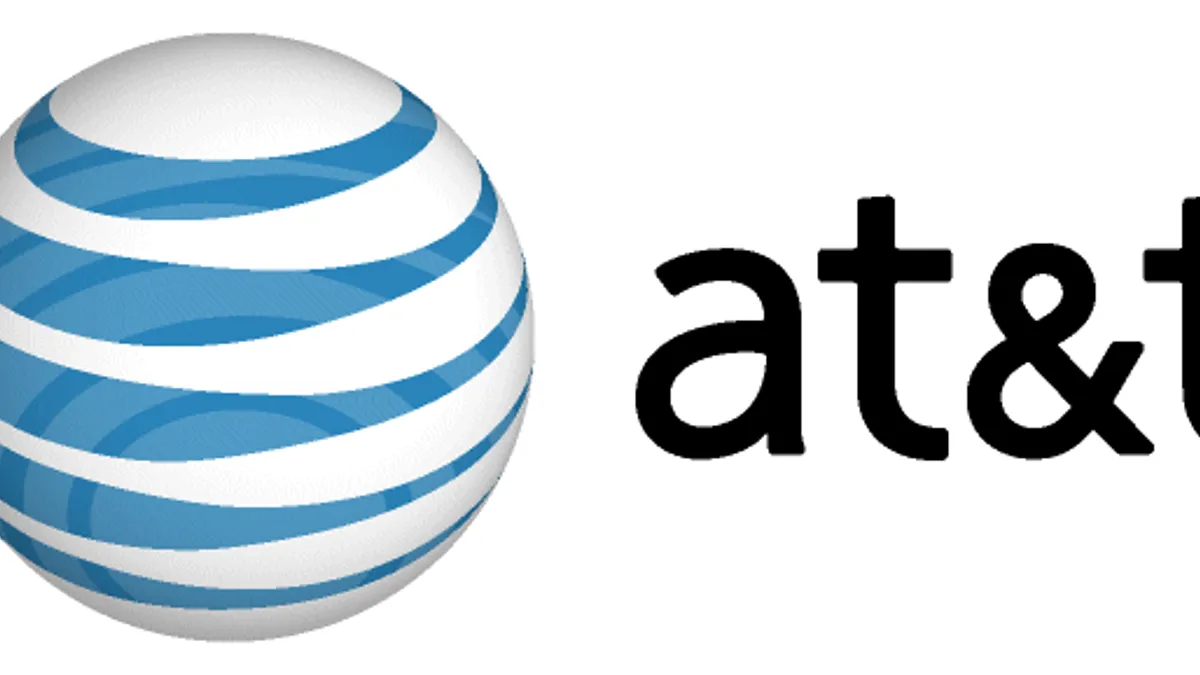Dive Brief:
- AT&T has entered into a definitive agreement to acquire Time Warner for $107.50 per share, or $85.4 billion, the companies said in a release on Saturday. If approved by regulators, it would be the biggest merger of the year.
- The combined company would look to become the first U.S. mobile service to compete nationwide with cable companies to provide bundled mobile broadband and video.
- By owning content, the new company could innovate on new advertising options, which, combined with subscriptions, will support the delivery of premium content.
Dive Insight:
Following quickly on the heels of a report from Bloomberg on Friday that an AT&T/Time Warner merger had been discussed, the deal underscores the need for mobile networks to diversify as smartphone adoption reaches maturity, as well as the pressure facing media companies as content consumption habits shift to mobile.
AT&T’s move to acquire Time Warner points to how the media and communications industries are converging, thanks to the commanding role that smartphones are playing in consumers lives. Both companies appear to agree that the future of mobile and video is very much intertwined. By leveraging customer insights across TV, mobile and broadband, the new company hopes to offer more relevant advertising and innovate with ad-supported content models. One possibility that AT&T has already been testing is funding the cost of the data required to watch a movie on mobile via advertising.
AT&T and Time Warner expect to be able to make smarter, more personalized over-the-top and TV everywhere products. The plans also call for creating original content specifically for mobile and social. Time Warner currently offers the HBO Now app for mobile consumption while AT&T expects to launch its DirecTV Now over-the-top service soon. The telecommunications company completed its acquisition of the satellite TV service in 2015.
With the deal, AT&T is betting on premium content to boost its role in the mobile landscape. Time Warner, through its various divisions, operates leading cable networks such as TNT, TBS and HBO, including popular original programming like Game of Thrones. Its film franchises include Harry Potter and DC Entertainment. In contrast, AT&T’s main competitor, Verizon — which is also facing many of the same business pressures as mobile matures — is looking to build a marketing services model along the lines of Google, evident from Verizon’s acquisitions of AOL and Yahoo.
The AT&T/Time Warner deal could face significant scrutiny from regulators, with claims that the tie-up would decrease competition and increase prices for consumers quickly following its announcement and members of both political parties suggesting antitrust issues could come into play. If the deal is blocked by regulators, it would be the second failed mega-merger for AT&T in recent years. In 2011, AT&T announced plans to buy T-Mobile USA but walked away from the merger months later after intense resistance from the Department of Justice.















